Bitcoin (BTC) is a revolutionary virtual currency that supports a decentralized peer-to-peer (P2P) payment system free from the centralized control of any government or entity. Bitcoin was created in 2008 by an anonymous person or group of people known by the pseudonym Satoshi Nakamoto.
Although Bitcoin wasn't technically the first cryptocurrency created, the asset and its ground-breaking blockchain technology are widely considered the catalyst for today's flourishing digital asset industry. Bitcoin is currently the largest cryptocurrency by market capitalization.
How does Bitcoin work?
Bitcoin is entirely digital and operates on a decentralized blockchain network — a virtual public ledger that records all transactions made on the Bitcoin blockchain. Bitcoin transactions are sent electronically to nodes that verify their validity. Once confirmed, a transaction is grouped with others to create a 'block' of information, which is then added to the blockchain. This process is known as Proof of Work, and it helps to protect the network's security.
The blockchain ledger is immutable, making it virtually impossible to be removed or altered. The ledger is freely accessible to anyone, making it an open blockchain, and transactions can be made anonymously, bringing privacy and transparency to the network. Being decentralized, Bitcoin can be traded freely between anyone with an internet connection through P2P trading.
Who created Bitcoin?
Bitcoin was created by the individual or collective group known as Satoshi Nakamoto as a response to perceived issues with the traditional banking system. Bitcoin was launched immediately after the global economic crash of 2007 and 2008, and its purpose was revealed to the world through a white paper titled Bitcoin: A Peer-to-Peer Electronic Cash System. Ultimately, Bitcoin was designed to help create a fairer, more equitable, and more democratic financial system for all — free from the control of banks and centralized entities.
Over the years, various figures have claimed to be Bitcoin's creator, and some media titles have incorrectly identified individuals as such. But, to this day, Nakamoto's true identity has never been revealed.
What is Bitcoin used for?
Bitcoin is considered by many to be a store of value, which is why some refer to the asset as "digital gold". The currency also provides a decentralized payment system through which other digital assets can be traded and transferred.
Bitcoin is widely traded speculatively, and is growing in adoption as a form of payment for goods and services. What's more, some companies allow their employees to be paid a portion of their salary in Bitcoin. Many people see Bitcoin as a hedge against inflation, given its historical resilience and alleged outperformance during inflationary periods.
Advancements to blockchain technology have brought about an evolution in what's possible on the Bitcoin network. The ordinals protocol, for example, now allows users to inscribe data such as videos, images, and text onto individual satoshis — the smallest unit of Bitcoin — on the Bitcoin blockchain. This created a new way of storing and sharing digital assets using blockchain technology. Then, in 2024, Bitcoin Runes arrived. The protocol allows users to create new tokens directly on the Bitcoin network, and potentially provides Bitcoin miners with a new revenue stream.
Bitcoin price and tokenomics
One unique factor of Bitcoin is that the BTC price and value is ultimately determined by the collective opinion and actions of the community that trades it. Where fiat currencies are backed by physical commodities or government guarantees, Bitcoin is simply backed by data and shared beliefs.
Bitcoin's price and value is also influenced by the demand for the asset relative to its available supply. From the asset's inception, its supply was limited to 21 million Bitcoin to create scarcity and theoretically increase the asset's value over time as demand increases. Factors outside of the asset's controlled supply and scarcity also have an impact on BTC price. One major factor is the sentiment surrounding Bitcoin news and how it influences public opinion to either buy or sell the asset.
The supply of total Bitcoin is managed by a process known as 'mining', which is also decentralized and open to anyone with the required connectivity, knowledge, and resources. BTC mining involves using computers to solve complex equations to validate transactions and store them on the blockchain. Bitcoin miners earn BTC as a reward for solving these equations. Not only does this incentive increase the supply of Bitcoin, it also helps to strengthen the network's security.
What is the Bitcoin halving?
Bitcoin's code has been deliberately designed to reduce the rewards given to miners through an event known as Bitcoin halving. The amount of Bitcoin awarded to miners for successfully adding blocks to the blockchain is reduced by half after every 210,000 blocks, or approximately every four years. To date, the Bitcoin network has witnessed a halving event in November 2012, July 2016, May 2020, and April 2024.
The Bitcoin halving progressively reduces the rate at which new BTC enters circulation until the total fixed supply of 21 million Bitcoin is mined. Bitcoin mining will end when the token reaches its maximum circulating supply around the year 2140. Since the latest halving event in 2024, the Bitcoin mining reward has been cut from 6.25 BTC to 3.125 BTC. The next Bitcoin halving is expected to take place at some point during 2028, although the exact date is difficult to estimate. Following the next halving event, the Bitcoin mining block reward will be reduced to 1.5625 BTC.
Historically, the BTC price has rallied following halving events, although the gains made have diminished with each successive halving. The Bitcoin price jumped by over 12,400% following the first halving event in 2012, 5,200% after the 2016 halving, and 1,200% following the 2020 halving.
Bitcoin mining and its environmental impact
'Bitcoin mining' refers to the process through which new Bitcoin are created and Bitcoin transactions are verified before being added to the blockchain. During the mining process, miners compete to solve difficult cryptographic problems. The first miner to solve the problem is rewarded with newly created Bitcoins — what's known as the block reward.
Bitcoin mining has come under scrutiny for its environmental impact because the process is highly energy intensive. Research have shown that, in 2023, the electricity used to support Bitcoin mining represented around 0.2% to 0.9% of the total global demand for electricity. As a result, Bitcoin mining consumes a similar amount of electricity as some countries. And, as the difficulty of solving cryptographic problems during the mining process increases, so does the energy demanded. The environmental impact of Bitcoin mining is understandably a challenge for the crypto space. Today, organizations such as the Crypto Climate Accord (CCA) and Bitcoin Mining Council (BMC) are working to address the sustainability challenges facing crypto and provide transparency to mining operations.
Towards more sustainable Bitcoin mining methods, the activity has been adopted as a method of monetizing energy sources that would otherwise go to waste, providing a valuable source of income in developing nations in particular. In both Nigeria and Costa Rica for example, hydroelectric power is being repurposed to support crypto mining operations, generating income not only through mined BTC but also the hosting of mining infrastructure. Meanwhile, some Bitcoin mining operations have invested their BTC earnings into renewable energy sources to help offset the environmental impact of mining.
How to trade Bitcoin
There are many ways to acquire and trade Bitcoin, and one of the most common is through an exchange. Although Bitcoin was built on the idea of decentralization, what's known as a centralized exchange provides access to the currency. On a centralized exchange, you can purchase Bitcoin using traditional currencies such as USD and EUR, or using other cryptocurrencies including USDC or ETH. Alongside providing an avenue to purchase Bitcoin, centralized exchanges also match buyers to sellers so you can trade Bitcoin with ease.
Decentralized exchanges are an alternative to centralized services. On a decentralized exchange, buyers and sellers interact directly without the involvement of an intermediary to trade cryptocurrencies. This is known as P2P. Although decentralized exchanges may be hosted by a centralized entity, it has no influence over the transactions between users, and only provides the platform for exchanges to take place. As a result, you'll need a Bitcoin wallet to safely store your BTC.
Alongside the trading of Bitcoin for other digital assets, it's possible to obtain Bitcoin through mining and even by using Bitcoin ATMs. Like a conventional ATM but one that's connected to the blockchain, Bitcoin ATMs allow you to effortlessly exchange BTC for cash or cash for BTC.
How can I keep my Bitcoin safe?
If you buy or trade Bitcoin through a centralized exchange, your chosen platform will hold your tokens on your behalf. However, it's recommended that you use a self-custody Bitcoin wallet to manage your BTC yourself. With a secure and trusted Bitcoin wallet, you won't need to rely on a third-party to keep your Bitcoin safe. You'll keep full control of your private keys, while you also avoid the need to share personal details with a third-party, preserving your privacy. Whether you choose a hardware or a software wallet when selecting a Bitcoin wallet, it's essential to understand how the tool works and how to manage your private keys, so you avoid errors that could compromise the security of your assets.
Latest Bitcoin news
2024 has been a noteworthy year for Bitcoin. One major development for the currency came with the approval of a Spot Bitcoin ETF by the U.S. Securities and Exchange Commission (SEC), which was announced on January 10, 2024. Eleven proposals from issuers including Grayscale, Blackrock, ARK, and VanEck were approved, marking a major shift towards the mainstream adoption of Bitcoin. This was followed by the approval of six further Spot Bitcoin ETFs in Hong Kong on April 30, 2024 as the funds reached retail traders in Asia for the first time.
Around three months after the approval of the Spot Bitcoin ETF in the U.S., the virtual currency experienced its fourth Bitcoin halving since launch, which happened on April 19, 2024. The Bitcoin halving cut the reward granted to miners on the Bitcoin network from 6.25 BTC to 3.125 BTC. There's much speculation around the impact the latest Bitcoin halving event will have on the asset's value, and it's still too early to assess how the 2024 halving will impact the Bitcoin price long-term.
Events such as the Spot Bitcoin ETF approval, the 2024 halving event, and bullish sentiment for the crypto market broadly helped Bitcoin to reach a new all-time high price of $73,787 on March 13, 2024. However, BTC prices pulled back as far as $56,825.40 on April 30, 2024, before reaching above $60,000 and entering a period of sideways movement.

















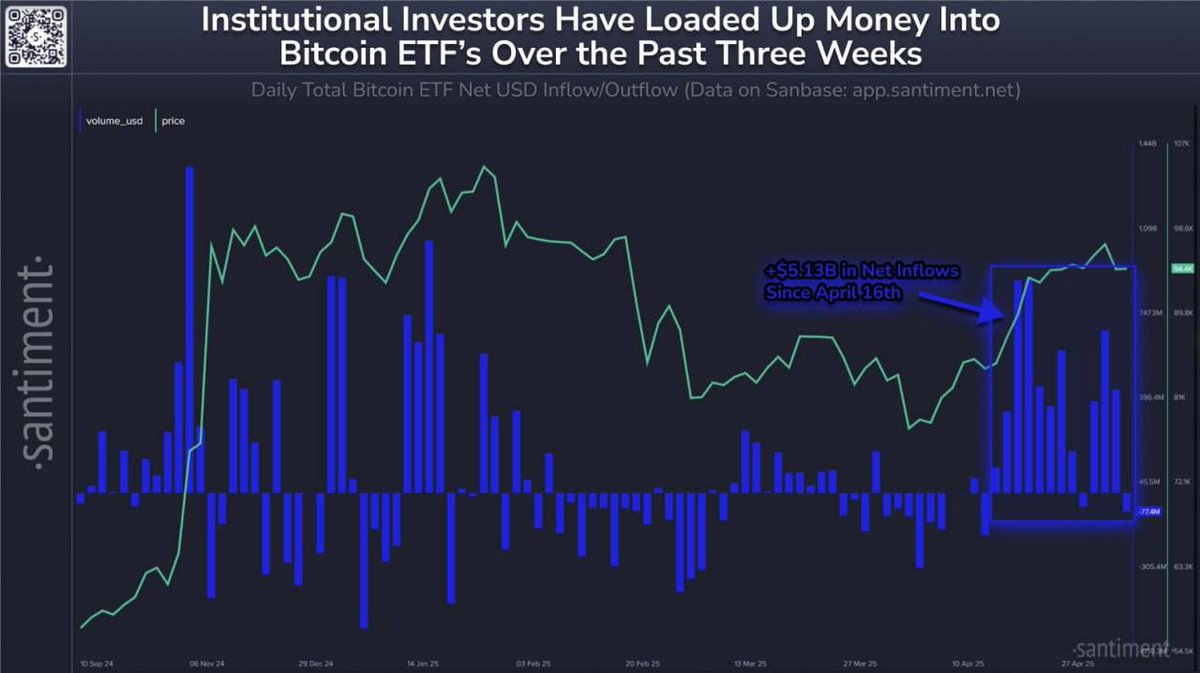




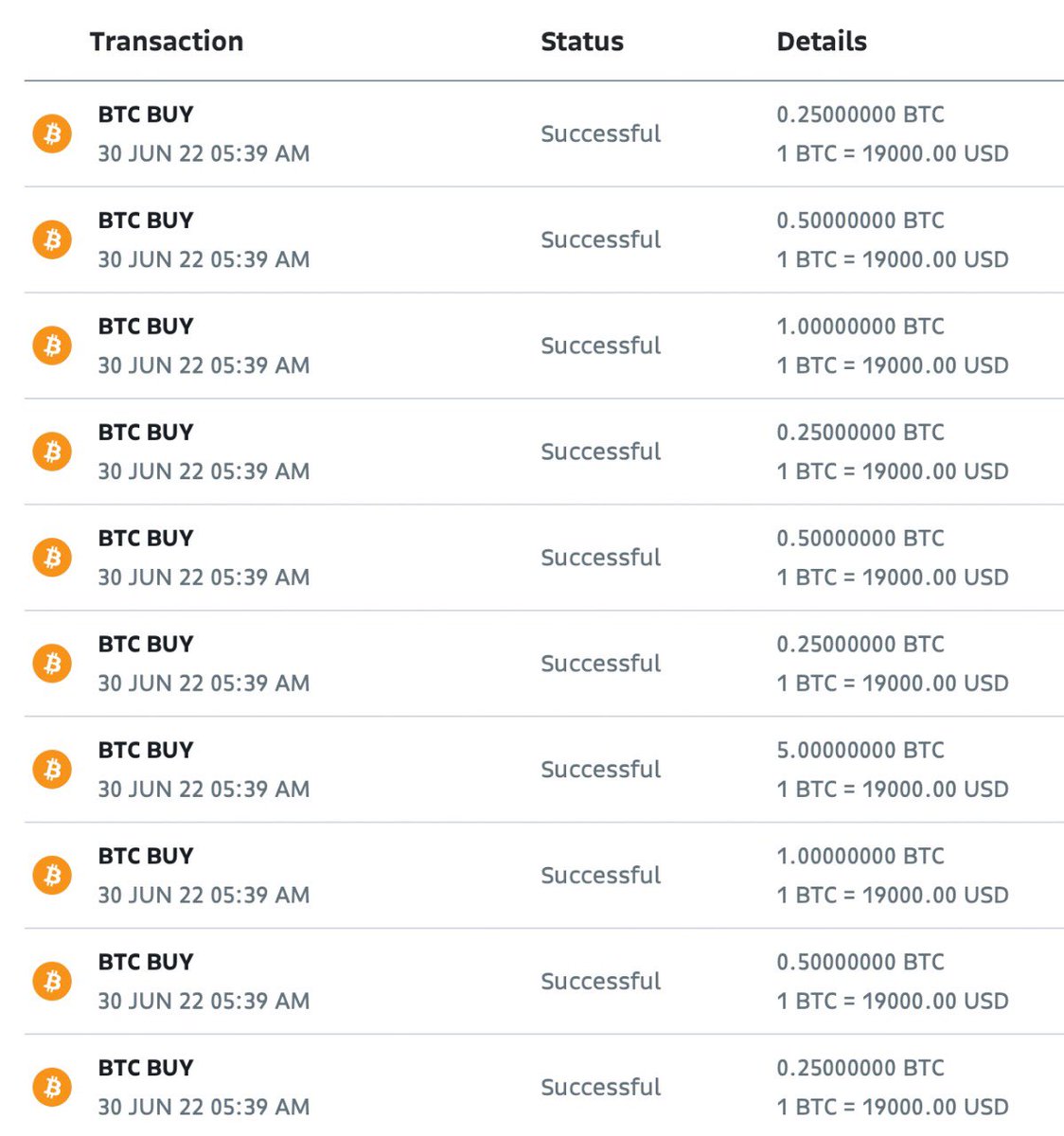
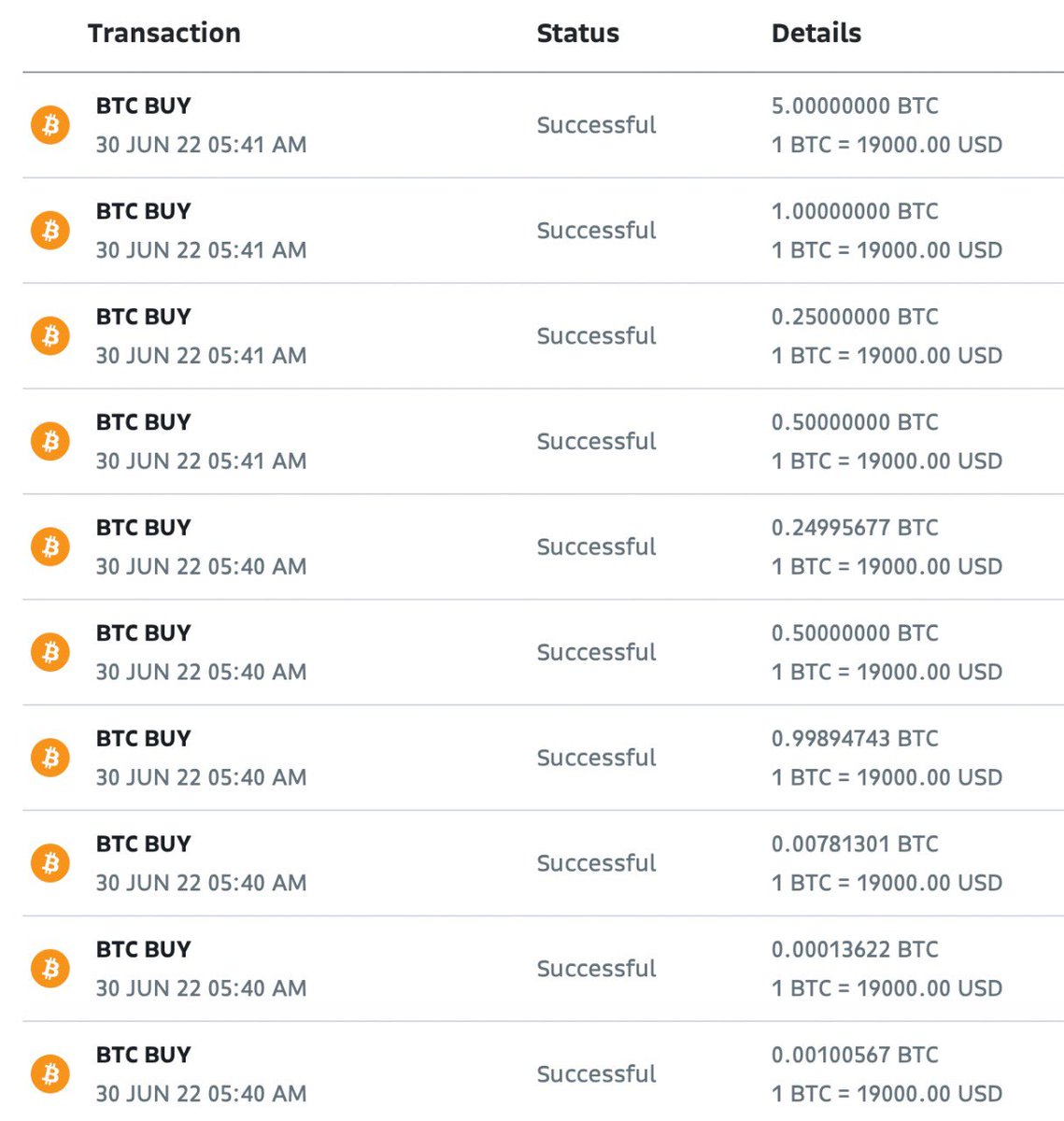
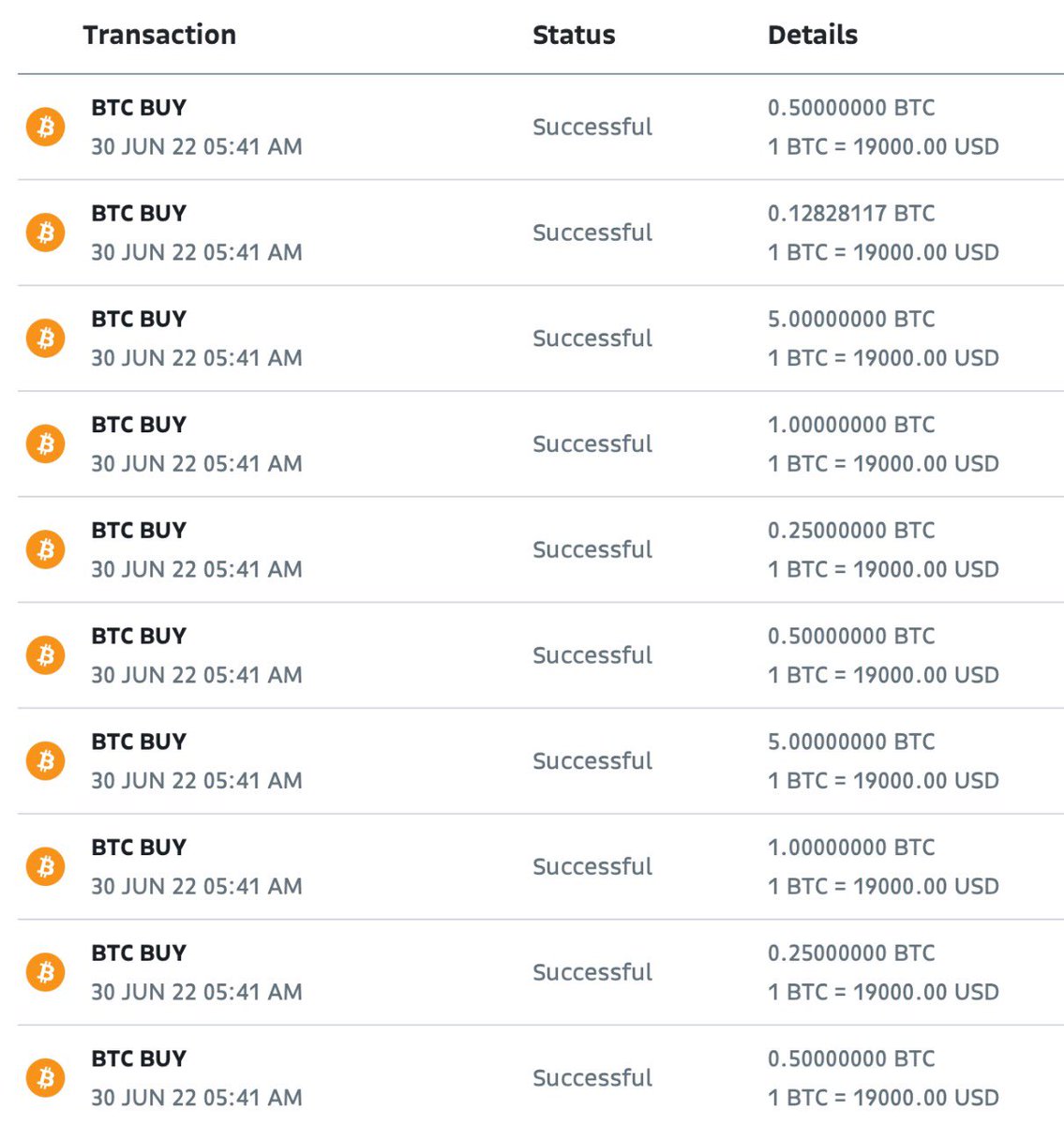
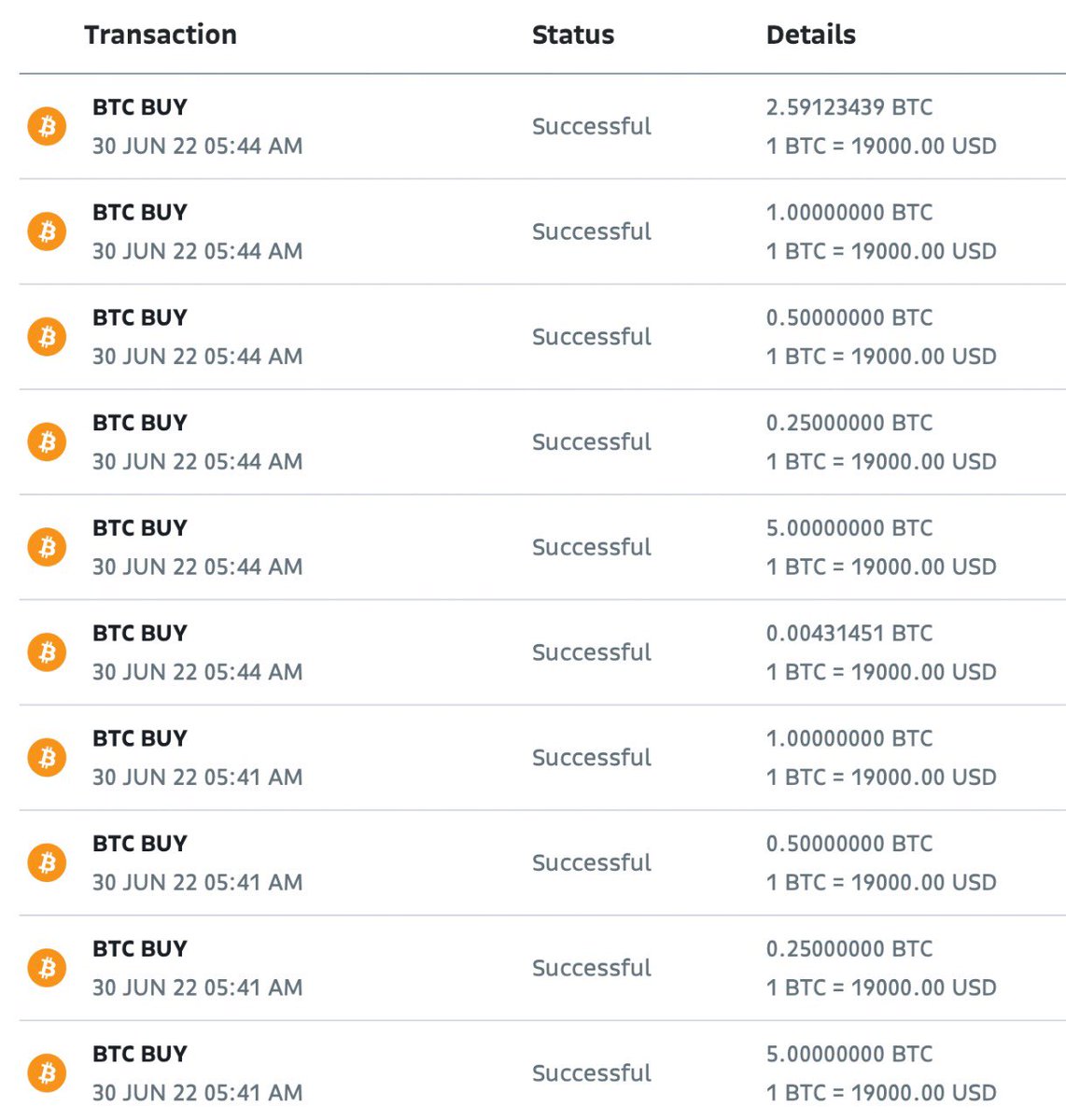


























Socials